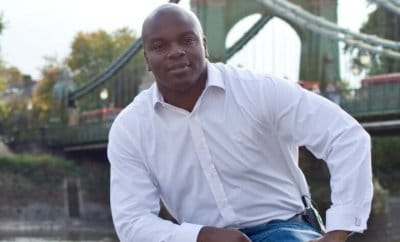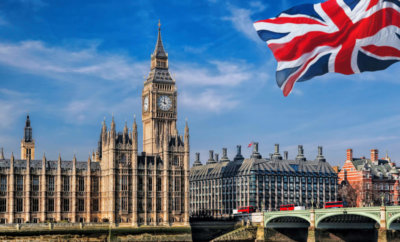Health
Nursing Union Wants UK Govt to Scrap Health Fee for Non-EU Workers

Representational Image
Photo: Bigstock
Non-EU nurses will have to pay increased immigration health surcharge of £400 per family member from later this year.
The Royal College of Nursing (RCN), the world’s largest nursing union and professional body, has urged the United Kingdom government to do away with immigration health surcharge paid by nurses coming to the country from outside the European Economic Area (EEA).
Non-European Union nurses and their family members should be made exempt from the surcharge, RCN chief executive Janet Davies said during the organization’s annual conference held in Belfast on May 13. Davies also warned leaders against extending the fee to EU migrants after Brexit.
“When facing staff shortages in National Health Service and care, the UK has depended on professionals from around the world,” Davies said, according to ITV. “We are proud as a profession to have the best and brightest from over 200 countries around the world. But the government now seems hell-bent on showing, through its handling of Brexit and the treatment of people from the wider world, that they’re no longer welcome,” she added.
The immigration health surcharge has to be paid by everyone outside the EEA seeking to live in the United Kingdom for six months or more to work, study, or join family. Since 2015, migrants have to pay £200 fee per family member for every year on their work permit.
In February 2018, it was announced that the surcharge would be doubled to £400 later this year. Students and those on the Youth Mobility Scheme will also have to pay £300 per year instead of the earlier fee of £150 per year.
It is expected that nurses from the EEA will also have to pay the fee after Brexit.
“Data from NHS Improvement covering the last three months of 2017 show that the NHS in England had 100,000 vacant positions, of which 35,000 were nursing posts,” according to RCN. The organization also said that more nurses are leaving than joining the NHS. The number of EU nurses joining the register has fallen by 96 per cent since the Brexit referendum.
“The care we’re able to provide is totally compromised by short staffing. The current shortages are not only dangerous but a vicious circle too,” Davies said during the conference.
At the event, Kenyan nurse Evaline Omondi, who works in Luton, Bedfordshire, recounted how she was asked to pay £3,600 upfront to cover three years of fees for two adults and her four children. She was forced to send her youngest children, aged 6 and 8 years, back to Kenya since she couldn’t afford the fee.
She said that the surcharge has scattered her family.
The NHS is a publicly-funded national healthcare system for England and one of the four National Health Services for each constituent country of the United Kingdom. It is currently facing acute staff shortage, including hundreds of doctors and nurses. Indian nurses have been a part of the first pilot of the “earn, learn and return” program, and the NHS said in January that 600 nurses – from the Philippines and India – would be hired to meet a critical shortage in Northern Ireland.




You must be logged in to post a comment Login